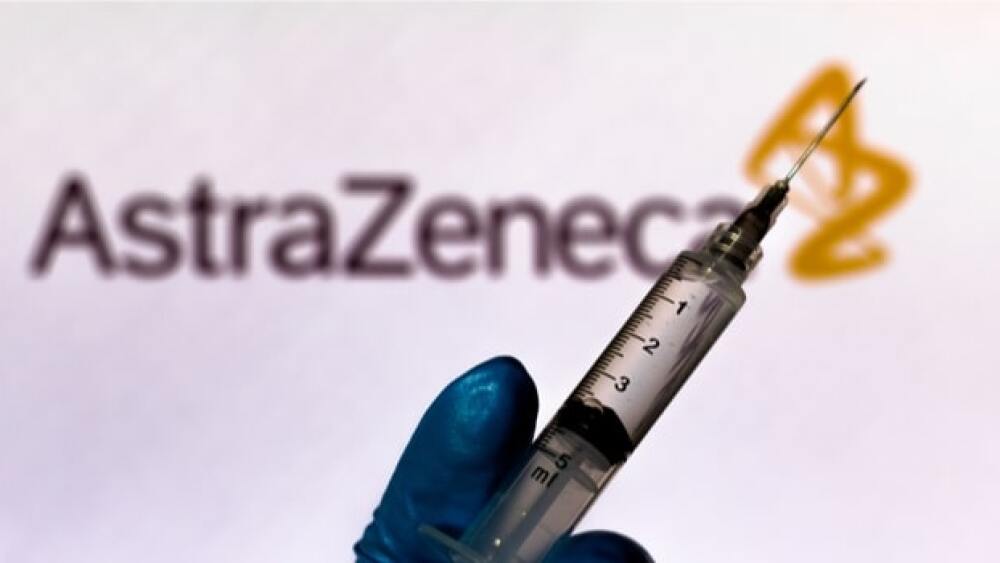AstraZeneca and the University of Oxford published Phase II clinical trial results for their COVID-19 vaccine in The Lancet. The data shows the vaccine is safe and offers a similar immune response in all adults.
rafapress/Shutterstock
AstraZeneca and the University of Oxford published Phase II clinical trial results for their COVID-19 vaccine in The Lancet. The data shows the vaccine is safe and offers a similar immune response in all adults.
This comes within a week of news that both the Pfizer and BioNTech vaccine program and the Moderna program are wrapping their Phase III trials and expecting to apply for Emergency Use Authorization (EUA) with the U.S. Food and Drug Administration (FDA) within days. Some sources suggest the Pfizer-BioNTech group will submit for their EUA tomorrow, Friday, November 20. The FDA advisory committee for vaccines is meeting on December 8, 9 and 10, and there is a possibility those two vaccines will receive EUA on the 10th.
The AstraZeneca-Oxford group is lagging behind a bit, but the data published today shows their vaccine is promising as well. The study was in 560 healthy adults, including 240 who were 70 years old or older.
Although COVID-19 can infect people at any age, older people are at significantly greater risk of severe illness and death than younger people, although the disease can kill people at all ages.
“We’re really delighted with the results,” said Andrew Pollard, head of Oxford’s vaccine trial team. “In this study, we have … been trying to examine the immune responses in older adults and address this question that has been out there about as you get older whether the immune system is less able to respond. And these first data are really encouraging … showing that we are getting very good immune responses—even in the over 70s, which look very similar to those in younger adults.”
The vaccine, dubbed ChAdOx1 nCoV-19, stimulated a T-cell response within 14 days of the initial dose and an antibody response within 28 days of the second dose. Although still not certain, researchers believe the T-cell responses will be needed for long-term immunity against the SARS-CoV-2 virus that causes COVID-19.
The co-author of the study, Maheshi Ramasamy at the University of Oxford, said the antibody and T-cell results in older adults were “robust” and “encouraging.” He added, “The populations at greater risk of serious COVID-19 disease include people with existing conditions and older adults. We hope that this means our vaccine will help to protect some of the most vulnerable people in society, but further research will be needed before we can be sure.”
The Phase II study did not evaluate vaccine efficacy. That data will be in the AstraZeneca-Oxford group’s Phase III trial, which is ongoing. Results from that trial are expected later this year, but the timing depends on the rate of infection within the populations being evaluated. In that there is a global surge of the virus, particularly in the U.S. and Europe, the data might become available sooner than expected. At this time they believe they will have Phase III data to report by Christmas.
Pollard told the BBC, “I think we’re getting close, and it’s definitely going to be before Christmas based on the progress.”
The Pfizer-BioNTech vaccine had 95% efficacy in preventing COVID-19 in the Phase III trial and the Moderna study’s preliminary data, showed 94.5% efficacy.
Pollard, to the BBC, suggested there was no competition between the various groups, because in order to bring the global pandemic under control, there will be a need for several vaccines. Manufacturing and distribution will bring a separate set of challenges.
“I think we’re still at the bottom of that mountain in some ways,” Pollard said. “We’ve done the route into the bottom of the mountain, the long trek to get to the start. Now we’ve got to get the data about the vaccines in front of regulators for them to scrutinize it and approve the first vaccines. And then we’ve got that huge effort to climb up to the top where we’ve got a vast majority of those who are at risk vaccinated.”
Featured Jobs on BioSpace





